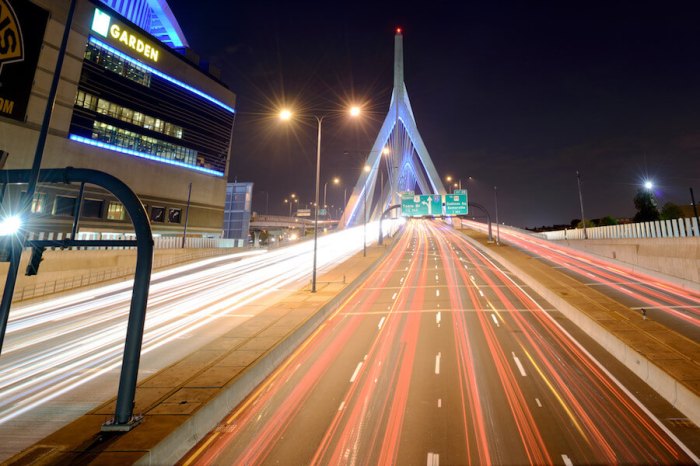You may have seen self-driving cars roaming the streets of Boston recently, but the autonomous technology isn’t just for use on land.
Sea Machines, a startup based in East Boston, is now developing a self-piloting system for boats.
The company recently raised $1.5 million in funding from multiple investors. With that, it plans to launch three pilot programs — two in the United States and one in Europe, said founder Michael Johnson.
“We spent two years developing the alpha technology and testing on water in the Boston Harbor,” Johnson said. “Now, we’re launching our beta product, and really this year is about getting that product out into the wild, into the commercial market [so it can be] tested and trialed.”
But conditions on open waters are often unpredictable. Marine surveyor Michael Tuttle questioned if autonomous technology was really a viable replacement for human crews.
“I wish them all the luck that it will be successful, but I can see some waves on the horizon,” said Tuttle, manager of Marine Services at Gray and Pape, a Providence environmental consulting firm. “Without people on the boats to be there when there is a problem — because there always are problems on boats — I think that’s kind of an issue.”
Sea Machines believes that “robotics bring value to things that are dull, dirty and dangerous,” as Johnson put it — including tasks like oil spill cleanups. Autonomous boats could continue collecting oil for days on end without requiring breaks or exposing crewmembers to potentially harmful toxins, he said.
They also think the tech could help with offshore surveying for nautical charts and or construction projects such as offshore wind farms.
But Tuttle said boats need to have people around when unexpected problems arise.
“When you’re doing a survey offshore, you can see the weather turning and you can make a decision as a human being, ‘I’m going to get out of the water now.’ If no humans are on a vessel to do that, will the vessel stay out in poor conditions?” he asked.
He also wondered whether self-piloted boats would hurt the livelihoods of living, breathing seamen and women.
“Technology has made us more efficient,” he said, “[but] it’s kind of not good, because if nobody is on a boat, it cuts jobs.”
Johnson asserted that self-piloting boats the perfect fit for certain types of work in the waters.
“It will keep crews safe, reduce risk and liability, and overall increase productivity and efficiency because we can keep working without having to worry about the care and concern of changing out the crew,” he said.
Because Sea Machines isn’t building new boats from scratch, their technology can fit into already existing vessels. The company creates a control system, which uses radar, that can be added when a ship is upgraded, Johnson said, since “most operators keep their vessels for 20 to 30 years.”
Johnson understands that the marine industry “kind of happens in the shadows” because we live on land, but he also noted that 71 percent of the Earth’s surface is water, and that means a lot of opportunity for Sea Machines.
“I think autonomy is even better suited for the marine market because of the wide open spaces, relatively slower speed and less interaction as compared to cars,” Johnson said. “We’ll see a higher number of autonomous vessels out there as compared to autonomous cars in the future.”






















